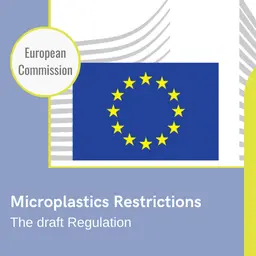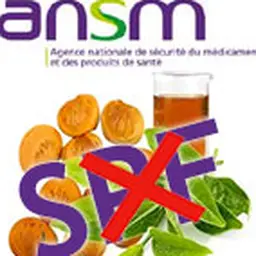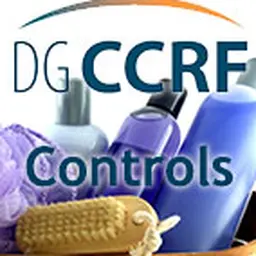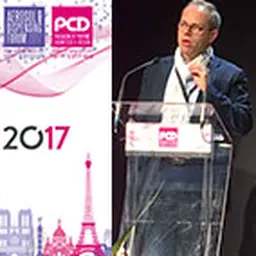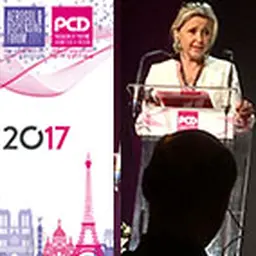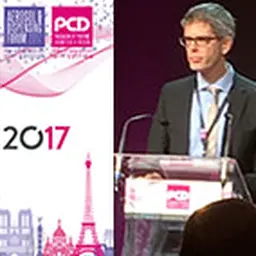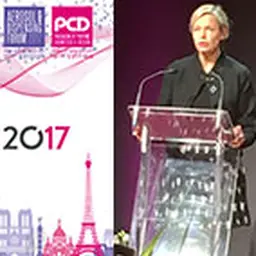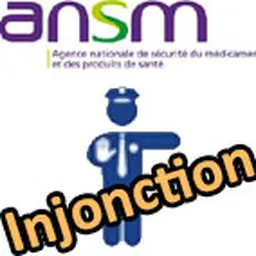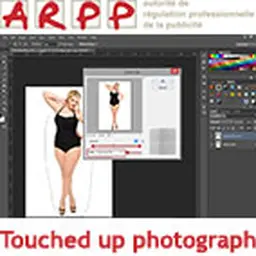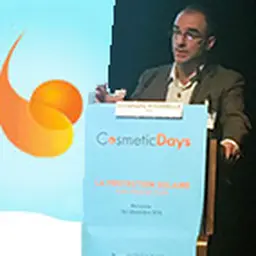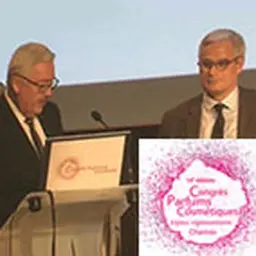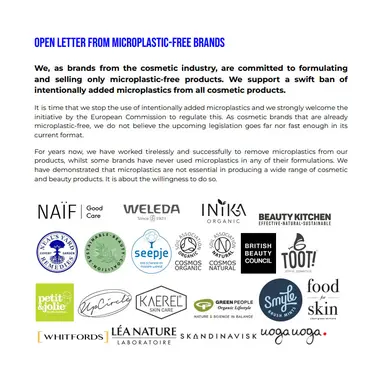
In an open letter to the European Commission, a group of brands and associations from the cosmetics industry are calling for an acceleration of the microplastics ban process. They are protesting against the transitional periods which they consider to be far too long.
It is signed by representatives of the brands Naïf, Weleda and Beauty Kitchen, but it is supported by about twenty brands (such as Léa Nature or Inika) and associations (among which COSMOS, the Soil Association or the British Beauty Council). What they have in common is that they are all committed to formulating and selling only microplastic-free cosmetic products. They are reacting today to the restriction proposal published by the European Commission in the summer of 2022, which foresees compliance periods after the entry into force of the text ranging from 4 to 12 years depending on the type of products.
“We believe microplastics, whether solid, liquid or water-soluble, should stop being used due to their negative, irreversible environmental impacts and potential risk to human health,” they say.
A three-point argument
1. Alternatives exist
For years, cosmetic brands, particularly in the natural and organic sector, have managed to market products without added microplastics, without affecting their effectiveness or competitiveness, they say.
A rapid ban would even drive innovation and contribute to the creation of new “green” jobs as well as to the decarbonisation of supply chains.
2. Consumers expect it
The demand for sustainable products is growing, and many consumers …

